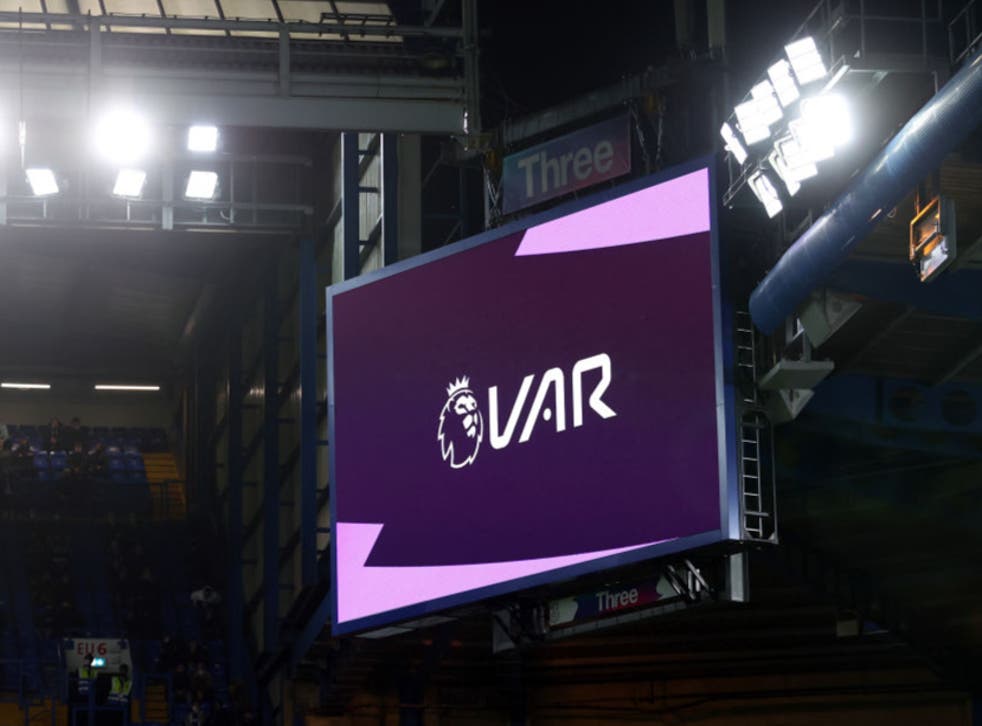Another exciting week of Premier League action and another weekend of controversy. Sunday was especially combustible with Spurs and Chelsea generating a mountain of debate so that will be our focus but before that we will dive into another match.
The incident: Nottingham Forest defender Scott Mckenna blocks a goal-bound effort with his arm. A penalty is awarded which West Ham miss.
Per Law 12: “denying the opposing team a goal or an obvious goal-scoring opportunity by a handball offence (except a goalkeeper within their penalty area)” is a sending-off offence but the following must be considered:
- distance between the offence and the goal
- general direction of the play
- likelihood of keeping or gaining control of the ball
- location and number of defenders
It is likely the last point saved McKenna and Forest from being a man down.
The incident: Rodrigo Bentancur fouls Kai Havertz in the build-up to Spurs’ equalizer
First off, Bentancur got a touch on the ball, so the freekick not being given was an acceptable decision. Secondly and most importantly, the PL has shortened the window for when incidents like that can be considered in if a goal should stand or not meaning even if it was a foul it is very unlikely the goal would have been disallowed to give a freekick to Chelsea in Spurs’ half.
Contrast this with the West Ham goal which was disallowed because Antonio committed a foul just before the decisive pass meaning it was close enough to have made a difference as to whether the goal counted or not.
The incident: Cristian Romero pulls Marc Cucurella’s hair during a corner; the ball goes out for another corner and Spurs equalize.
There are two parts to this incident which need to be addressed. Should Romero have been sent off and should the goal have stood? Strangely enough, the answer to both is yes. Let us start with Romero his pull was clearly worthy of a foul if not a second yellow. The issue however is VAR is only interested in goals, red cards and penalties. Yellow cards, even second yellow cards are of no interest to the VAR and as such once Anthony Taylor did not see the foul and it was not a red card offence it could not intervene to advise him to give a free kick or Romero a yellow. If Chelsea had gotten a free kick as they deserved they probably would have won the game. So the referee was at fault for missing the incident granted but once he missed it there was nothing VAR could do.
So as the corner was taken everything that occurred during the previous corner was irrelevant, like the Bentancur challenge on Havertz earlier. So, when Spurs scored the only infringements the VAR was considering were those which may have taken place during that specific corner which is why the goal was the correct decision. The referee missing the hair pull was an oversight but as per the procedure, it had no bearing on the subsequent corner. If Spurs had scored from the first corner the goal would likely have been disallowed.
In conclusion, VAR was not authorized to intervene, because it did not the corner and subsequent goal were legal despite the oversight from the referee in the earlier corner.
